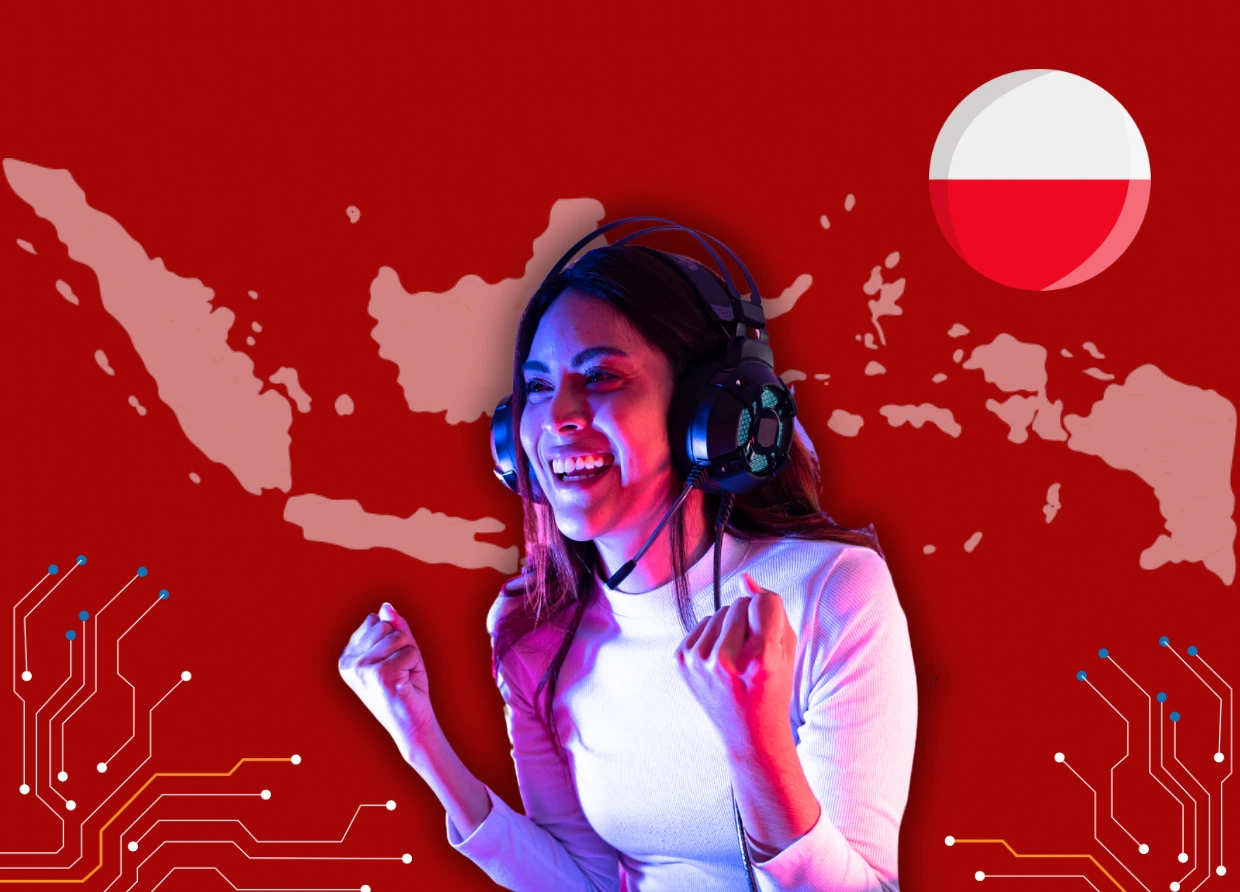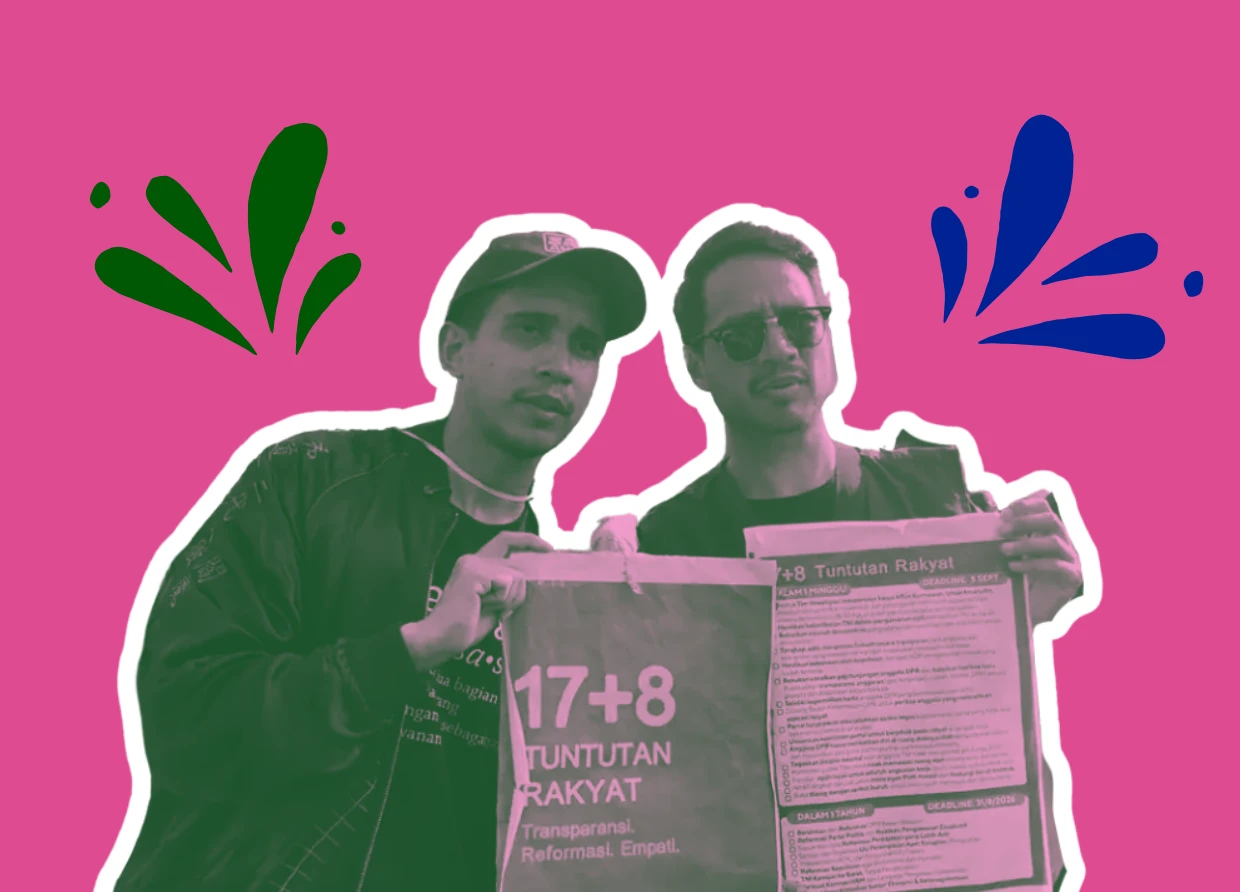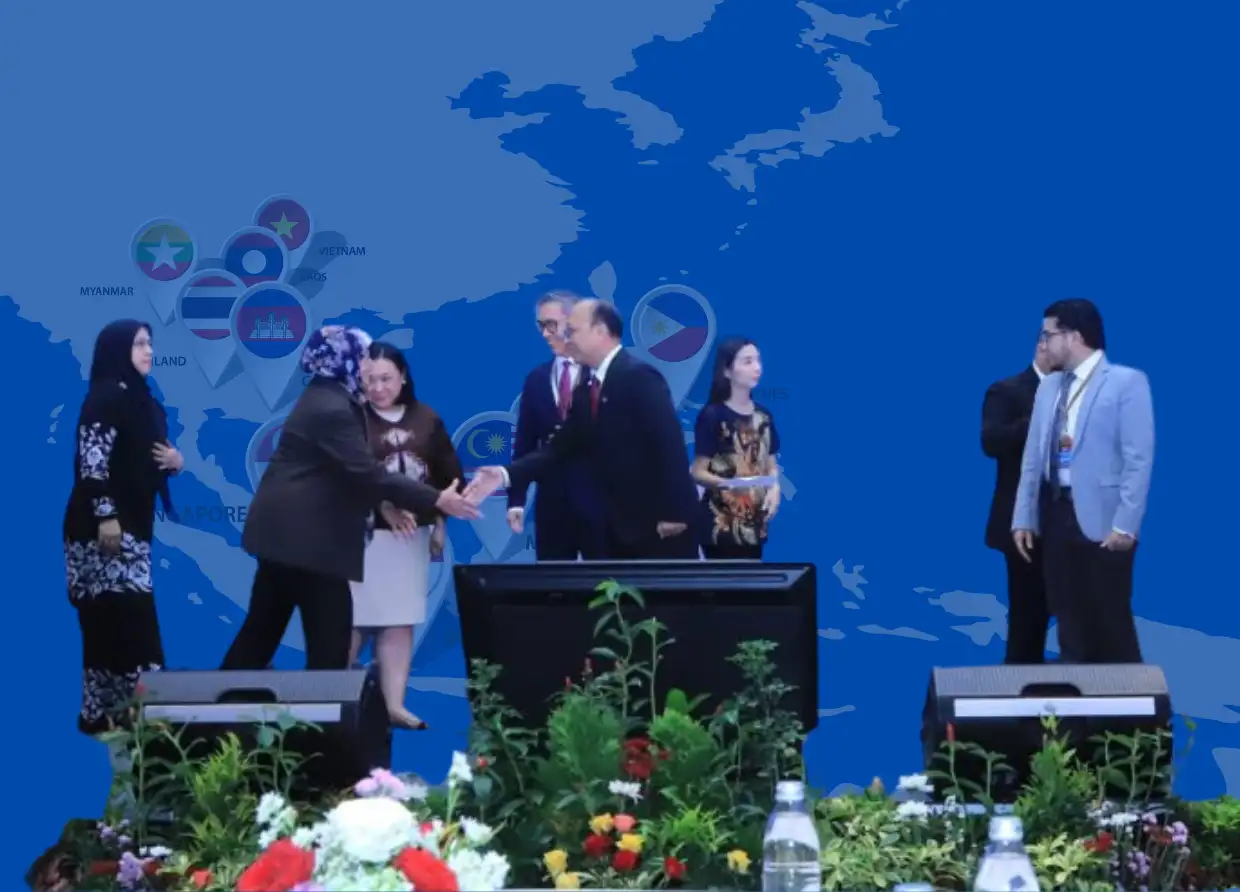HOW E-COMMERCE DRIVES INDONESIA’S ECONOMIC DEVELOPMENT
The massive social media users in Indonesia are a good ecosystem for e-commerce development.

According to McKinsey, Indonesians are among the most addicted users of social media in a country with a massive growing digital ecosystem of online commerce, ride-sharing services, media distribution, financial services, and more. While these elements have emerged significant business opportunities and new jobs, improved access to services, and promoted more excellent connectivity with global society, Indonesia must still face some challenges to become a truly digital economy.
The value of the e-commerce market in Indonesia is estimated to have grown to the range of US$55 - $65 billion by 2022. This estimate stems from a new report, titled The Digital Archipelago: How Online Commerce is Driving Indonesia's Economic Development, released by management consulting firm McKinsey earlier this month.
If McKinsey's projection is accurate, then it would mean the value of Indonesia's e-commerce market is to raise nearly eight-fold between 2017 and 2022. In 2017 Indonesia's e-commerce market was valued at US$8 billion. This figure refers to the gross merchandise value (GMV) of goods and services purchased online from e-commerce and socio-commerce platforms. Meanwhile, Indonesia had only about 30 million online shoppers or approximately 15 percent of its total adult population of 195 million individuals.
Through the formal e-commerce platforms, McKinsey estimates the GMV at US$40 billion by 2022 on the Indonesian market. Meanwhile, regarding the socio-commerce platforms (for example, Instagram and Facebook), the GMV is estimated to reach US$25 billion.
There are a couple of factors that support the rapid growth of the e-commerce sector in Indonesia. Firstly, smartphone and Internet penetration are continuously rising. Secondly, Indonesia has a significant population that sees its purchasing power strengthening amid robust macroeconomic growth. Thirdly, Indonesia has a young and tech-savvy population, meaning they rapidly adjust to new technology.
However, McKinsey also detects several challenges for further growth of the e-commerce industry. Firstly, due to infrastructure bottlenecks, logistics costs are high. Secondly, in terms of non-cash payment infrastructure, Indonesia is still in the early stages of development (there is a lack of seamless, secure, and scalable payment opportunities). Thirdly, there is a strong need to enhance the nation's talent pool. Fourthly, the investment climate has to be made more conducive.
Despite these challenges, the e-commerce market of Indonesia is expected to take giant steps in the coming years. While currently, e-commerce sales only account for 5 percent of the nation's total retail sales, this figure is expected to rise to the range of 17 - 30 percent in the next five years.
This would be a great asset to the economy because it generates employment opportunities. According to McKinsey, by 2022, online commerce could directly or indirectly support up to 26 million full-time-equivalent jobs, representing around 20 percent of Indonesia's total workforce.
#THE S MEDIA #Media Milenial #e-commerce in indonesia #indonesia economic growth



























